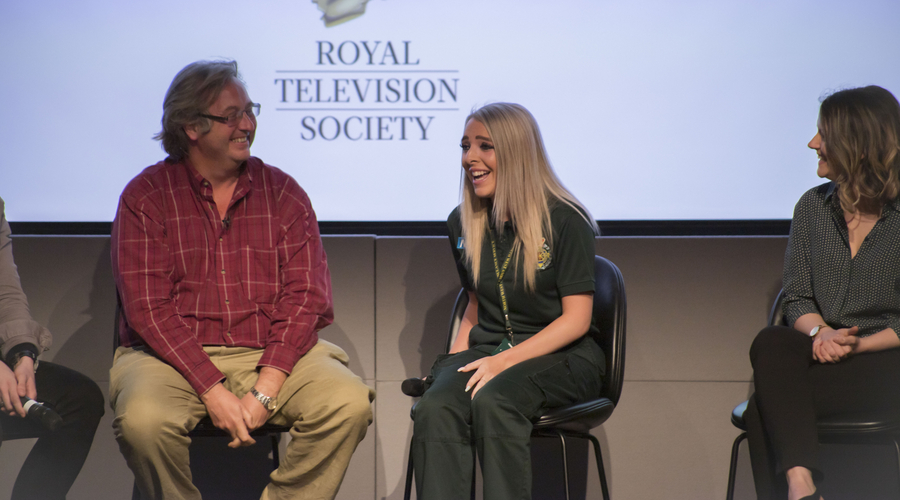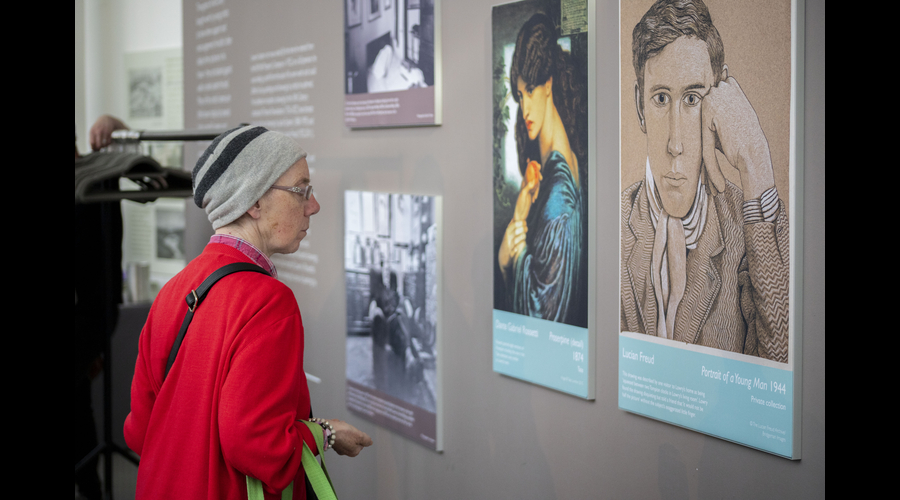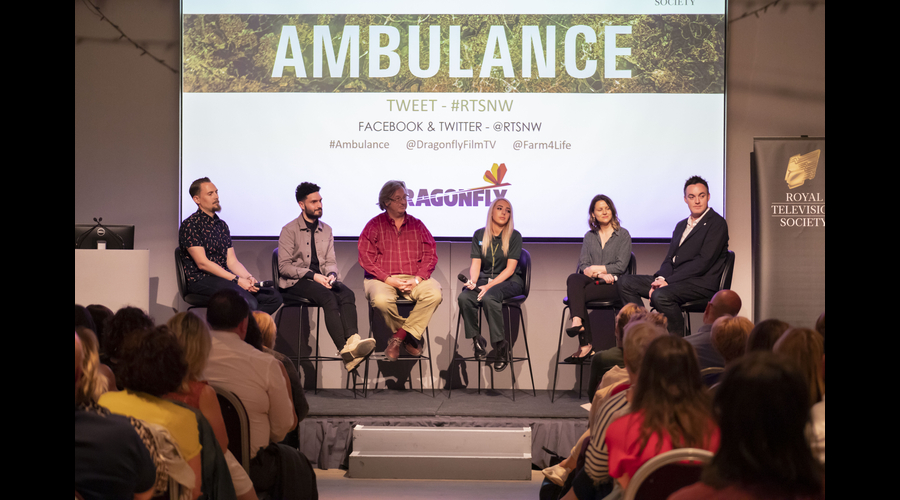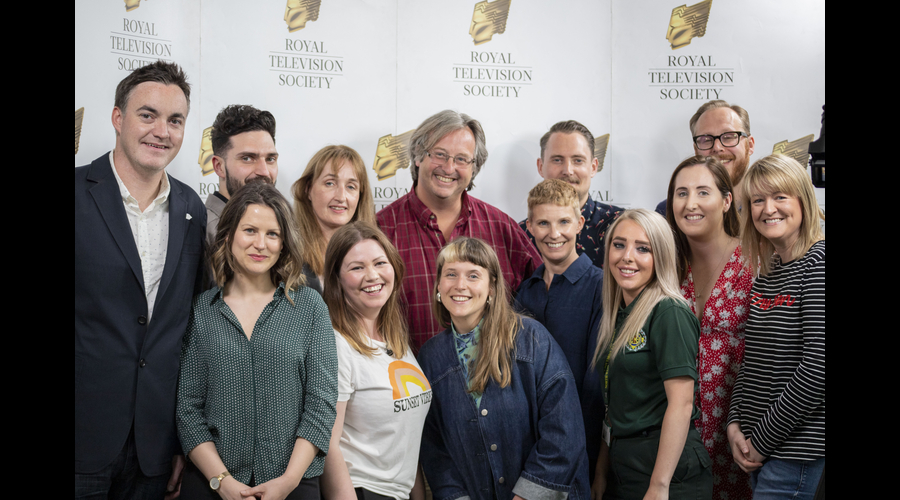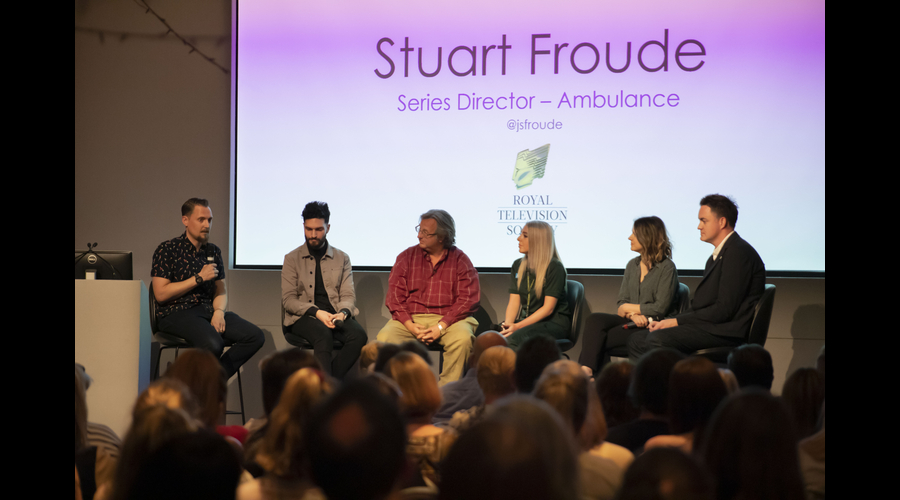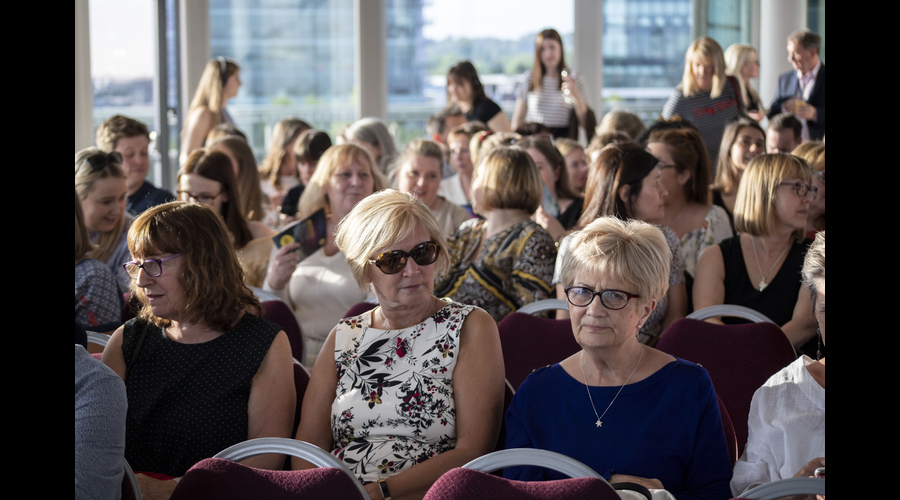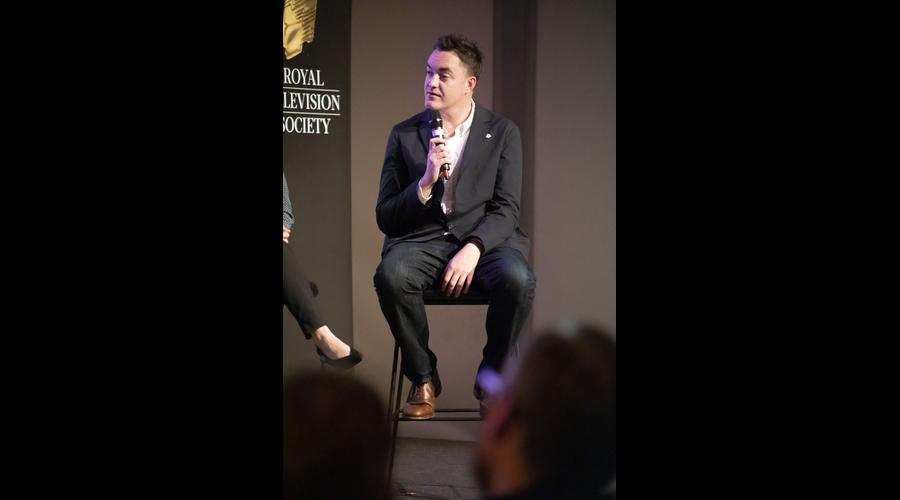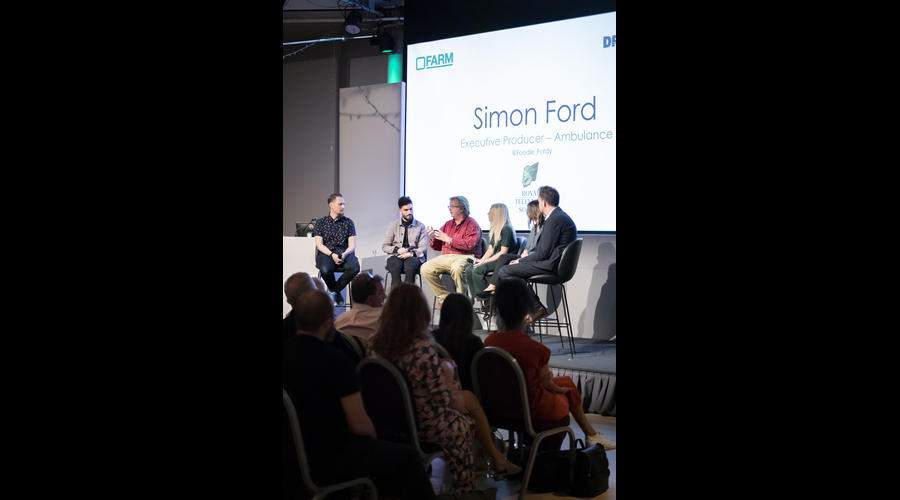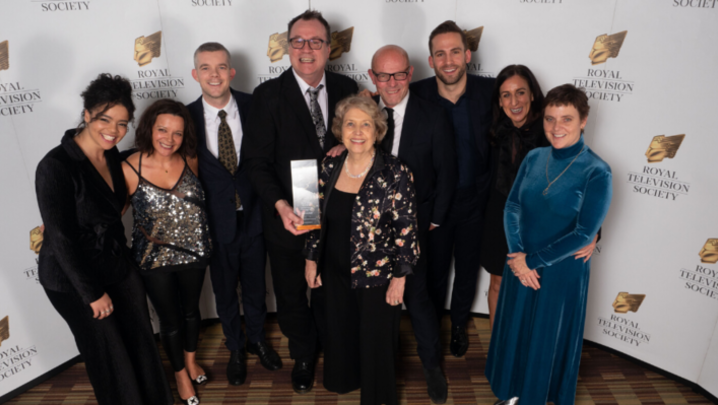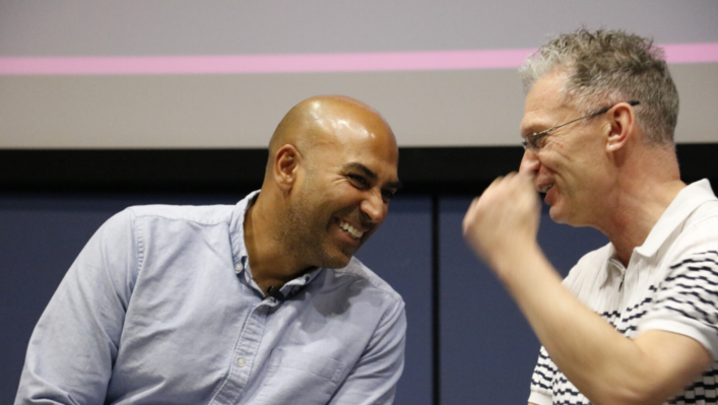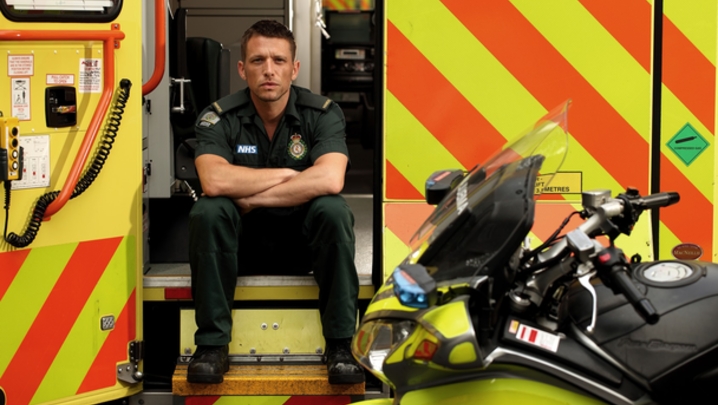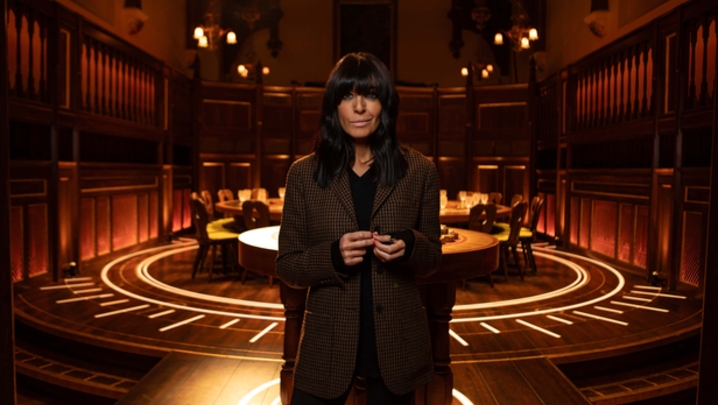“The BBC’s job is to reflect what’s going on in Britain... It’s hard to watch... but there’s kindness and hope... It’s a really important series for us,” said Emma Loach, BBC commissioning editor of documentaries, who was discussing the BAFTA-winning Ambulance at an RTS North West event in May.
The Lowry in Salford was packed for the screening of episode one, series 5, sponsored by The Farm, and to hear from executive producers Simon Ford and Tom Currie, series producer Peter Wallis-Tayler and members of the team about the work that goes into producing the “stories behind the sirens”. The programme, which is set in Manchester, returns to BBC One at the end of May.
Described by BBC head of documentaries Clare Sillery as “a love-letter to the NHS”, Ford confessed that when he was first approached by factual indie Dragonfly, “having worked on other programmes about ambulances”, he “wasn’t sure there was anything more to say”.
However, an afternoon spent in a busy control centre persuaded him otherwise: “I realised that because the NHS is under unprecedented pressure, so much... could be shown by what was happening in control.” Ford then planned to “use that platform to see into the lives (of the ambulance dispatchers), and what’s happening in the [ambulances]”.
Dispatcher Laura Pilling is shown being emotionally affected while guiding a caller through cardiopulmonary resuscitation, leading her to make a life-changing decision.
Wallis-Tayler praised the team’s “love, craft and dedication” to the welfare of those patients. He continued: “They treat us with such kindness in allowing us to film those moments of intimacy.”
“In 15 minutes we get to know them, get consent and (explain) what it might mean to be on television,” Ford reflected, with Wallis-Tayler adding that afterwards they spend months building a relationship with them.
“Their stories really tell us something about the state of the nation now,” said Currie, who explained that “the stories are genuinely happening in real time, simultaneously”. To facilitate this, series director Stuart Froude leads eight producer/directors in the field, “filming for 15 hours a day in difficult locations” and using drones to bring “a visually stunning cinematic quality [to the show]”.
Series producer Sarah Veevers coordinates these teams using “30-plus Whatsapp groups… monitored by producer/directors on the ground, feeding back what’s happening”, and generating tens of thousands of instant messages. “It feels like the world’s longest live event,” she added.
All photography by Jess Boulton

